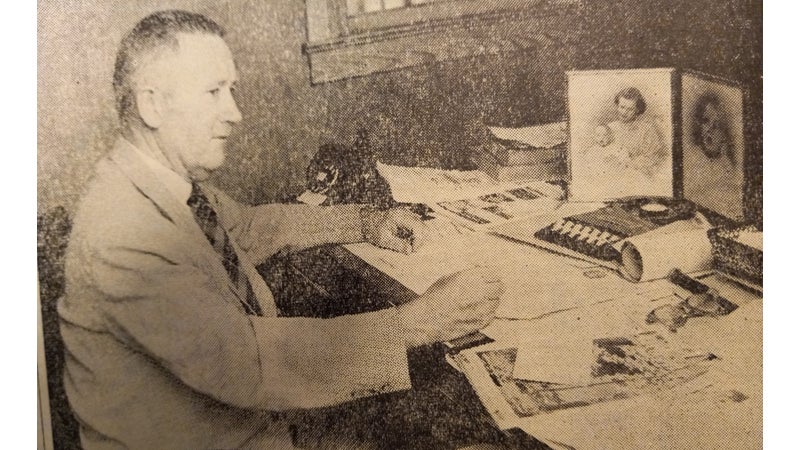The connection between Form 1099, health-care legislation
Published 1:34 pm Tuesday, August 17, 2010
By John Rabil
Most people are familiar with IRS Form 1099; it’s used to document income for individuals other than salaries and wages — basically if you are an independent contractor, businesses that hire you will issue you a 1099.
If you are a freelancer, you will receive a 1099 each year from your clients.
What some people may not be aware of is the substantial change the new healthcare legislation brings to filing 1099s and the effect it will have on businesses, especially small ones.
Buried deep in the bill — it’s 2,409 pages long — is section 9006 entitled “Expansion of Information Reporting Requirements.” What this section does is mandate, beginning in 2012, that all businesses will have to issue a 1099 to any individual or business that they purchase $600 or more in goods from in a tax year.
This section is basically a few short sentences, but will require millions of new tax documents to be issued each year, affecting small, medium and large businesses.
Section 9006 makes two major changes to how 1099s are used; it requires that they be issued to corporations as well as individuals and expands the scope of 1099s to track payments for tangible goods as well as services.
These two changes will create a profound administrative burden on companies, especially small businesses who frequently lack in-house accounting departments.
A problem with Section 9006 is that it places another financial burden on small businesses — businesses that create the most jobs in the United States — at a time when the economy is shaky at best.
True, this law doesn’t take effect until 2012, but businesses will begin preparing for the costs now, diverting funds that would otherwise be used to expand, reinvest or hire additional labor.
Let’s say you own a small plumbing business, which also employs a couple of traveling salespeople. Here are a few (very limited) examples of the 1099s you will now have to file under the new legislation:
- One salesman spent more than $600 on gas at Exxon; you will have to send Exxon a 1099
- One salesman spent more than $600 flying on Delta; you will have to send Delta a 1099
- You paid more than $600 in electrical bills for the office; you will have to send your electrical company a 1099
- One salesman spent more than $600 staying at Holiday Inn; you will have to send Holiday Inn a 1099
Small businesses currently fill out an average of just under 10, 1099s a year, each one taking roughly half an hour to prepare. This extension of 1099s will push the average to just about 200 a year and will add an estimated $6,000 to the cost of preparing the typical small business tax return.
The justification for adding this provision into the new health-care law is that it will improve information reporting to the IRS, which in turn will improve tax compliance by businesses, without raising taxes.
The federal government loses over $300 billion in unpaid taxes each year, and the claim is that the 1099 changes will start to significantly reduce that number.
While this mandate may very well improve information gathering by the government and not technically be a direct “tax” on businesses, it’s nevertheless an additional cost born by businesses when that capital could be better spent elsewhere.
Added on to the cost and time of preparing returns is the fact that companies will now have to take the time to gather the name and tax identification number of every entity they do business with in the amount of $600 or more.
JOHN RABIL JR. grew up in Franklin and graduated from law school in 2009. He is a licensed attorney in South Carolina and Washington, D.C. His e-mail address is rabil99@yahoo.com.


